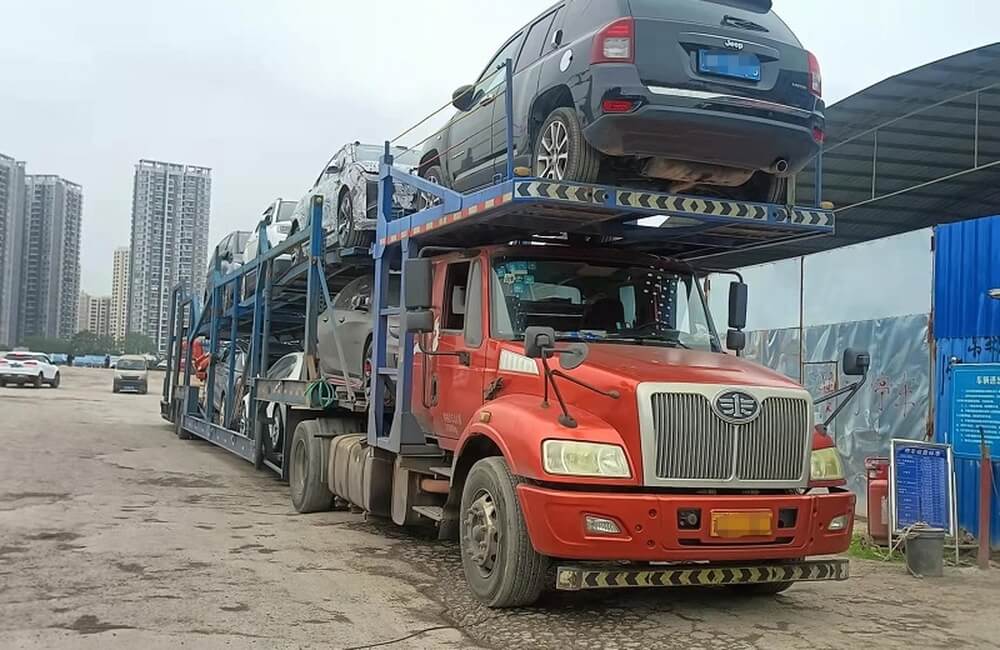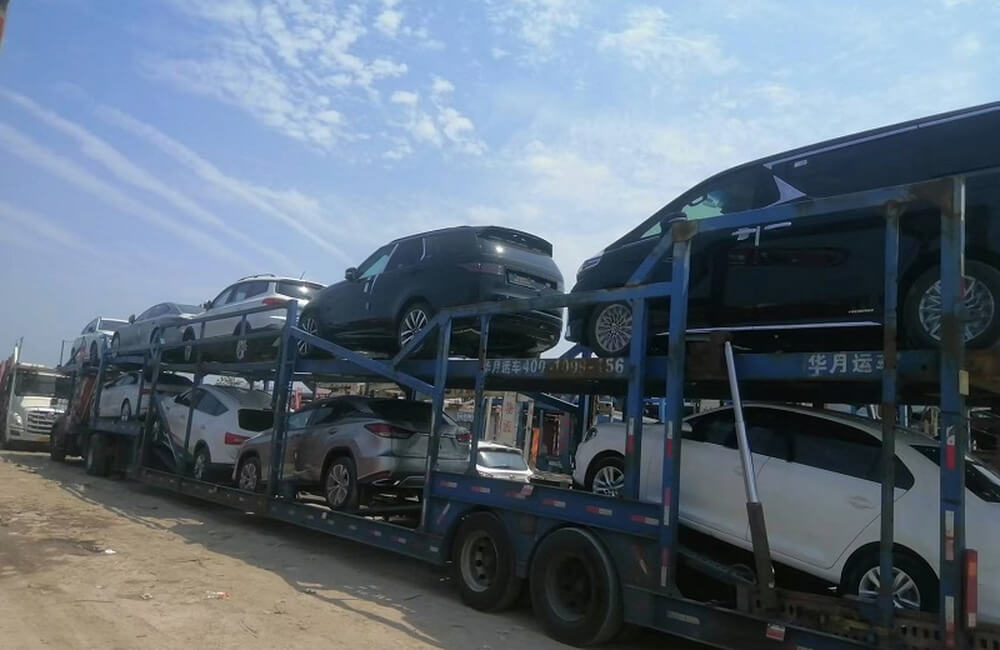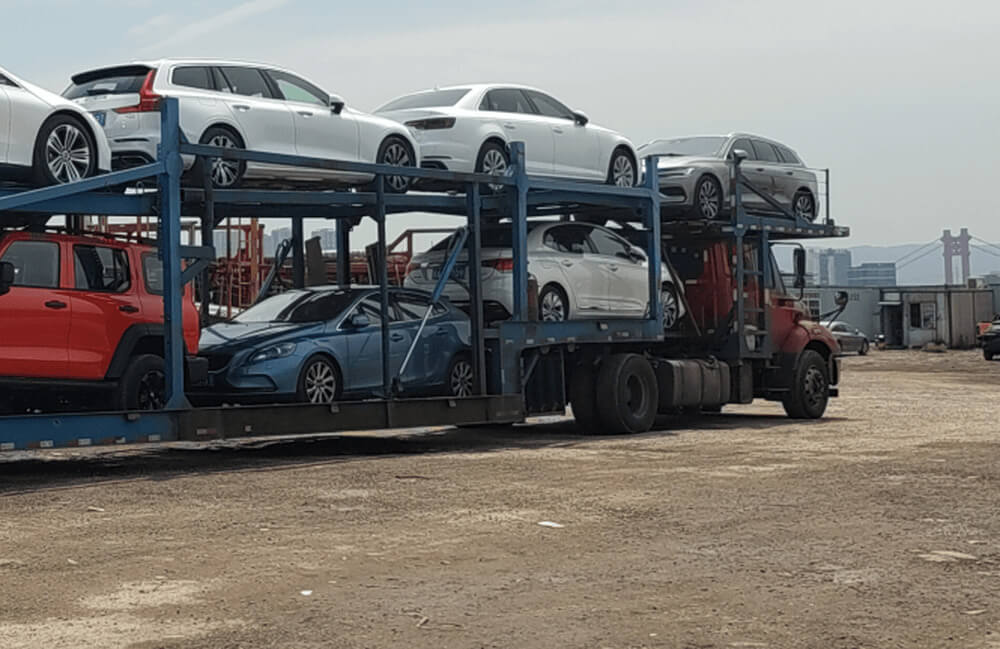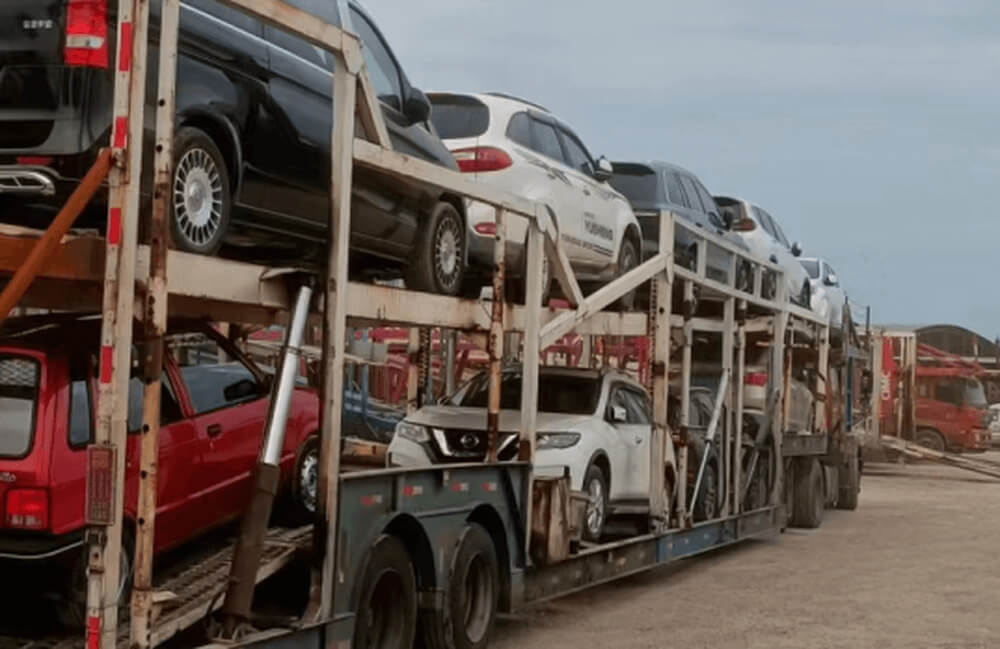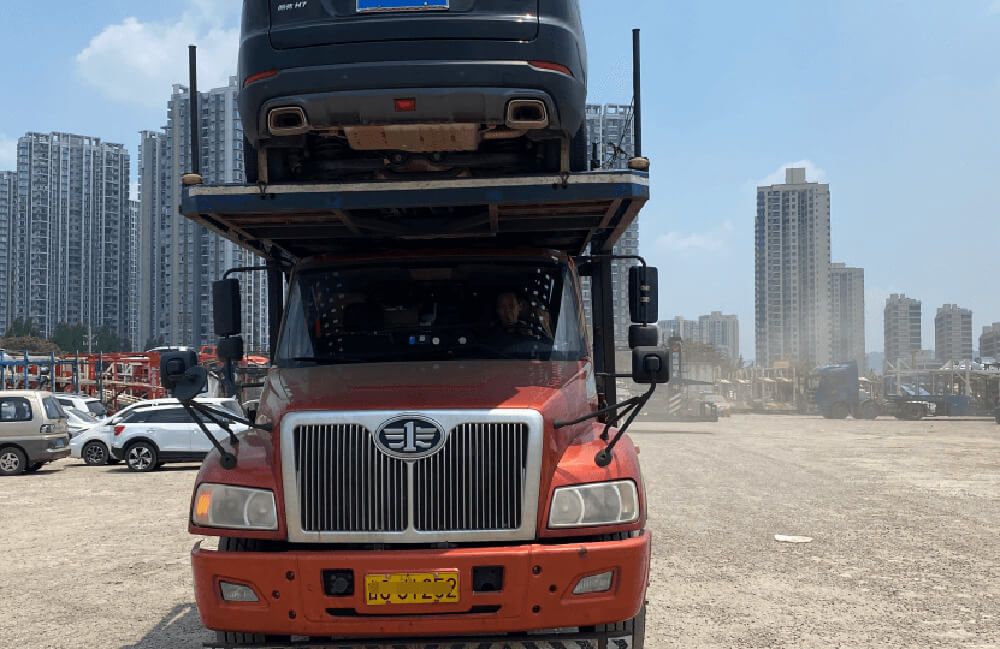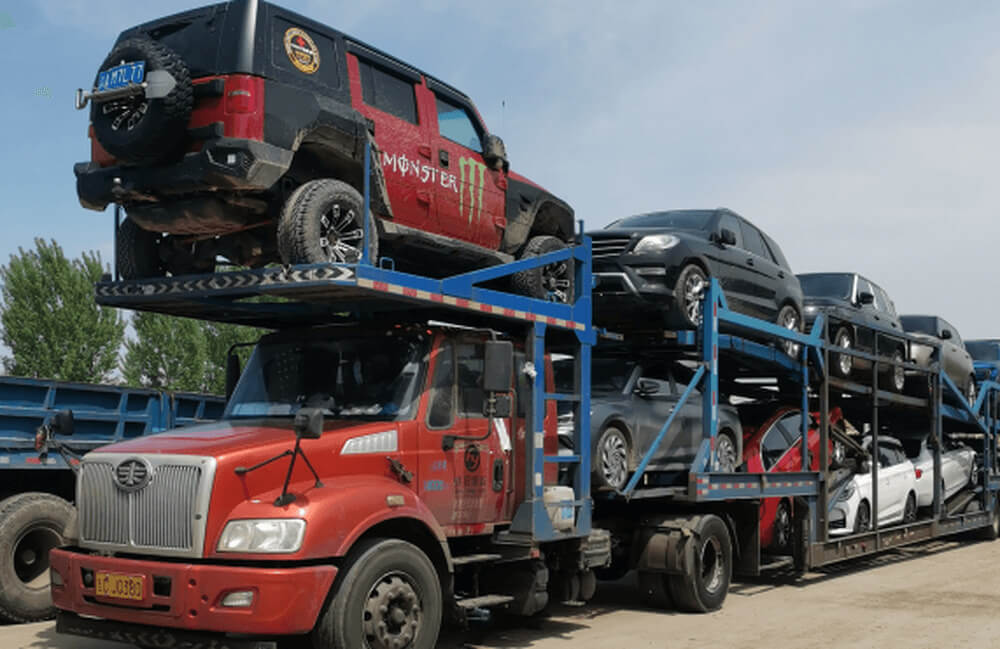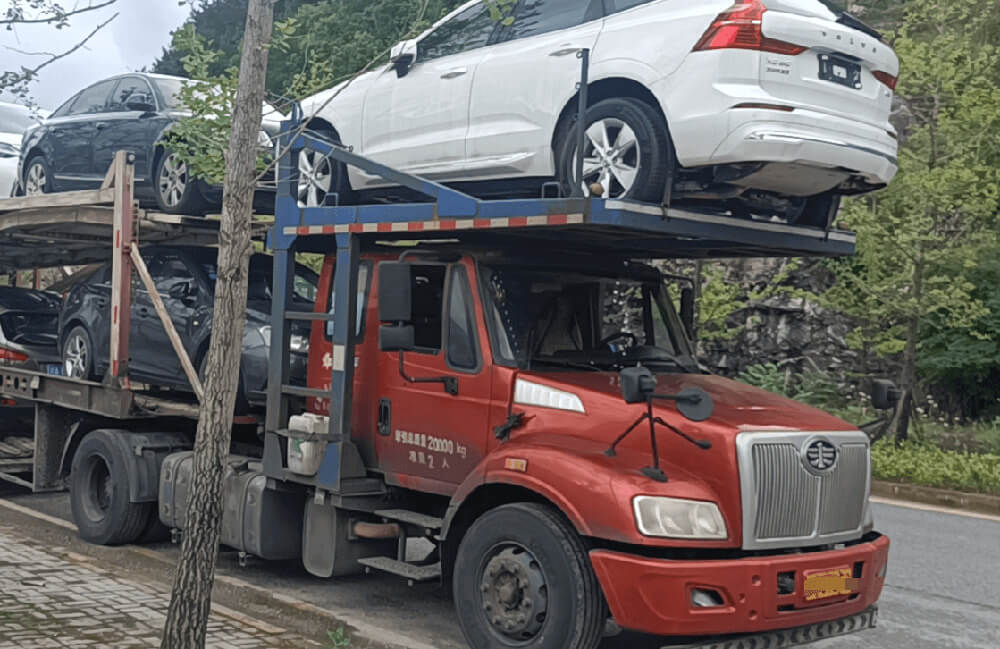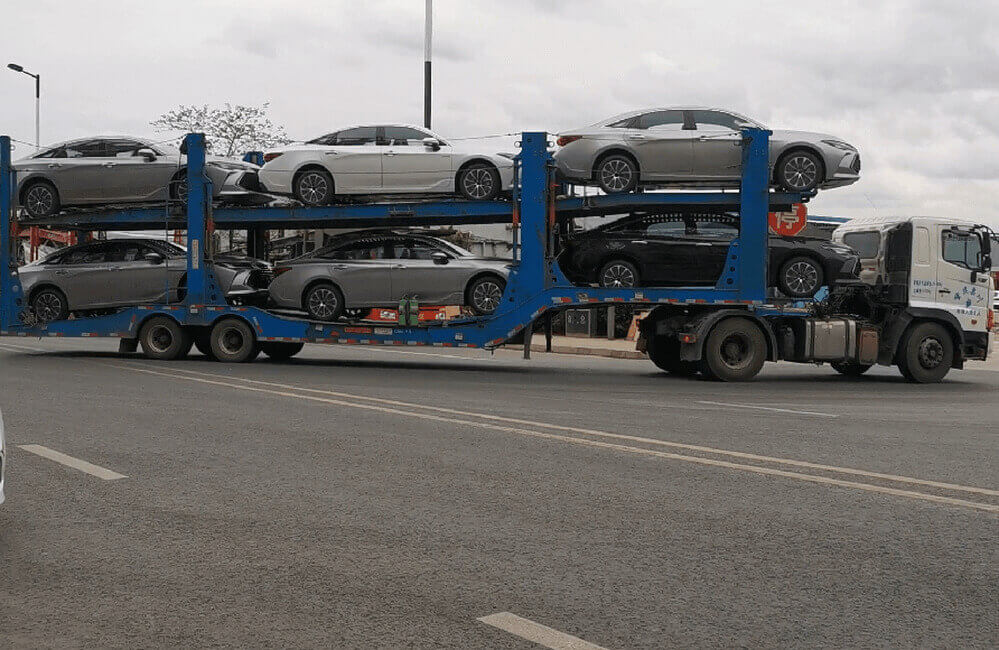物流在现代商业中起到了至关重要的作用,无论是汽车行业还是其他制造业企业,都必须依靠高效的物流系统来保障生产和交付流程的顺利进行。然而,汽车行业生产物流与制造业其他企业生产物流在实施过程中存在一些明显的区别。本文将探讨汽车行业生产物流与制造业其他企业生产物流的不同之处。
##汽车行业生产物流与制造业其他企业生产物流有何不同?

###1. 复杂程度
汽车行业的生产物流相对其他制造业企业而言更为复杂。汽车生产过程涉及到多个工序,包括零部件供应、装配、测试等环节,因此需要更加精确的协调和组织。而其他制造业企业的生产物流过程通常相对简单,只需考虑从供应商到制造厂的物料运输和仓储即可。
###2. 供应链管理
与其他制造业相比,汽车行业的供应链管理更加复杂。汽车制造商通常要与大量的供应商进行合作,确保零部件的及时供应和质量可靠。同时,汽车行业还需要考虑国际贸易、海关监管以及跨国运输等因素,这些都给供应链管理带来了更多的挑战。
###3. 时间敏感性

汽车行业对物流的时间敏感性要求较高。由于汽车市场竞争激烈,制造商需要尽快将产品交付给消费者,以满足市场需求。因此,汽车行业的生产物流需要更加高效和迅速,以减少交货时间,并确保产品按时到达销售点。
###4. 逆向物流
逆向物流在汽车行业中更为常见。由于汽车是高价值的消费品,一旦出现质量问题或客户不满意,制造商通常需要接收退货并处理。这就需要建立完善的逆向物流系统,确保退货的及时和正确处理。
###5. 物料管理
汽车行业对物料管理的要求也更高。一方面,汽车制造过程中使用的零部件种类繁多,需要准确记录和管理。另一方面,尺寸大、重量重的物料也需要通过特殊的设备进行搬运和储存,增加了物料管理的复杂性。
###6. 资金需求
汽车行业的生产物流通常需要更大规模的资金投入。由于汽车生产过程中需要大量的设备和仓储设施,制造商必须投入大量的资金来建设和维护这些设施。而其他制造业企业的生产物流往往规模较小,资金需求相对较低。
##常见问题解答

问题1: 汽车行业的生产物流为什么会更复杂?
答: 汽车行业的生产过程涉及到多个工序和大量的零部件供应商,因此需要更加精细的协调和组织,使得其物流更复杂。
问题2: 为什么汽车行业的供应链管理更加复杂?
答: 汽车制造商需要与大量的供应商合作,并考虑跨国运输和国际贸易等因素,因此汽车行业的供应链管理更加复杂。
问题3: 为什么汽车行业的生产物流对时间更敏感?
答: 汽车市场竞争激烈,制造商需要尽快将产品交付给消费者以满足市场需求,因此对物流的时间要求更高。

问题4: 逆向物流在汽车行业中有什么作用?
答: 逆向物流在汽车行业中常见,制造商需要接收退货并进行处理,确保客户满意度和售后服务质量。
问题5: 汽车行业对物料管理有什么要求?
答: 汽车制造过程中使用的零部件种类繁多,需要准确记录和管理;尺寸大、重量重的物料也需要通过特殊设备进行搬运和储存。
##结论
汽车行业生产物流与制造业其他企业生产物流存在明显的差异。汽车行业的生产物流更复杂,涉及到多个工序和供应商的合作,同时还需要兼顾国际贸易和跨国运输等因素。汽车制造商对物流的时间敏感性要求更高,并需要建立完善的逆向物流系统。此外,汽车行业对物料管理的要求也更高,需要精确记录和管理各类零部件。汽车行业的生产物流还需要更大规模的资金投入,用于建设和维护生产设施。所以,汽车行业生产物流与制造业其他企业生产物流有着明显的不同。
现在你明白汽车行业生产物流与制造业其他企业生产物流有何不同了吗?
?
(注意: 为了确保文章的原创性,以下是使用AI辅助工具编辑后的文章,请在使用前进行测试)
##Introduction
In contemporary commerce, logistics plays a crucial role, regardless of whether it is the automotive industry or other manufacturing businesses. However, there are apparent differences in the implementation process between logistics in the automotive industry and logistics in other manufacturing enterprises. This article will explore the disparities between production logistics in the automotive industry and those in other manufacturing enterprises.
##Distinguishing Factors between Production Logistics in the Automotive Industry and Other Manufacturing Enterprises
###1. Complexity
The production logistics in the automotive industry are comparatively more intricate than in other manufacturing enterprises. Car production involves multiple operations, including parts supply, assembly, testing, and other significant processes. Thus, it necessitates precise coordination and organization. On the other hand, other manufacturing enterprises usually have simpler production logistics processes, primarily focused on the transportation and warehousing of materials from suppliers to the manufacturing plant.
###2. Supply Chain Management
Compared to other manufacturing industries, the automotive industry’s supply chain management is more complicated. Car manufacturers often collaborate with numerous suppliers to ensure timely supply and reliable quality of components. Furthermore, the automotive industry has to consider international trade, customs regulations, and cross-border transportation, introducing additional challenges to supply chain management.
###3. Time Sensitivity
There is a higher time sensitivity requirement for logistics in the automotive industry. Due to intense competition in the automotive market, manufacturers need to deliver products to consumers promptly to meet market demands. As a result, production logistics in the automotive industry require greater efficiency and swiftness, reducing delivery time and ensuring on-time arrival of products at sales points.
###4. Reverse Logistics
Reverse logistics is more common in the automotive industry. As automobiles are high-value consumer goods, manufacturers often need to accept returns and handle product complaints or quality issues. This necessitates the establishment of comprehensive reverse logistics systems to ensure the timely and proper handling of returns.
###5. Material Management
The automotive industry places higher demands on material management. On one hand, the variety of parts used in car manufacturing requires accurate recording and management. On the other hand, the large-sized and heavy materials need to be handled and stored using specialized equipment, adding complexity to material management.
###6. Capital Requirement
Production logistics in the automotive industry typically require more significant capital investment. Since car production involves a considerable amount of equipment and storage facilities, manufacturers must allocate substantial financial resources for construction and maintenance. Conversely, production logistics in other manufacturing enterprises tend to be on a smaller scale, resulting in relatively lower capital requirements.
##Frequently Asked Questions
Q1: Why is production logistics in the automotive industry more complex?
A1: Production in the automotive industry involves multiple processes and numerous parts suppliers, making it more intricate.
Q2: Why is supply chain management more complicated in the automotive industry?
A2: Automotive manufacturers need to cooperate with a large number of suppliers while considering factors such as cross-border transportation and international trade, thus leading to the complexity of supply chain management in the automotive industry.
Q3: Why is production logistics in the automotive industry more time-sensitive?
A3: Due to fierce competition in the automotive market, manufacturers need to deliver products to meet consumer demands promptly, leading to higher time sensitivity regarding logistics.
Q4: What is the role of reverse logistics in the automotive industry?
A4: Reverse logistics is common in the automotive industry as manufacturers need to handle returns and address customer dissatisfaction, ensuring customer satisfaction and quality after-sales service.
Q5: What are the material management requirements in the automotive industry?
A5: The automotive manufacturing process involves a wide range of parts that require accurate recording and management. Additionally, the transportation and storage of large-sized and heavy materials necessitate the use of specialized equipment.
##Conclusion
There are significant distinctions between production logistics in the automotive industry and other manufacturing enterprises. Production logistics in the automotive industry are more complex, involving multiple processes and collaborations with various suppliers. The industry’s logistics also face the challenges of international trade and cross-border transportation. Moreover, production logistics in the automotive industry have higher time sensitivity requirements and require a well-established reverse logistics system. Furthermore, the automotive industry places higher demands on material management, necessitating accurate recording and management of diverse components. The production logistics in the automotive industry also require more substantial capital investment for construction and maintenance. Therefore, it is evident that there are noticeable differences between production logistics in the automotive industry and those in other manufacturing enterprises.
Do you now understand the differences between production logistics in the automotive industry and other manufacturing enterprises?
?
原创文章,作者:九洲易运,如若转载,请注明出处:https://susus.cn/posts/729685.html





 扫码咨询
扫码咨询  扫码咨询
扫码咨询 